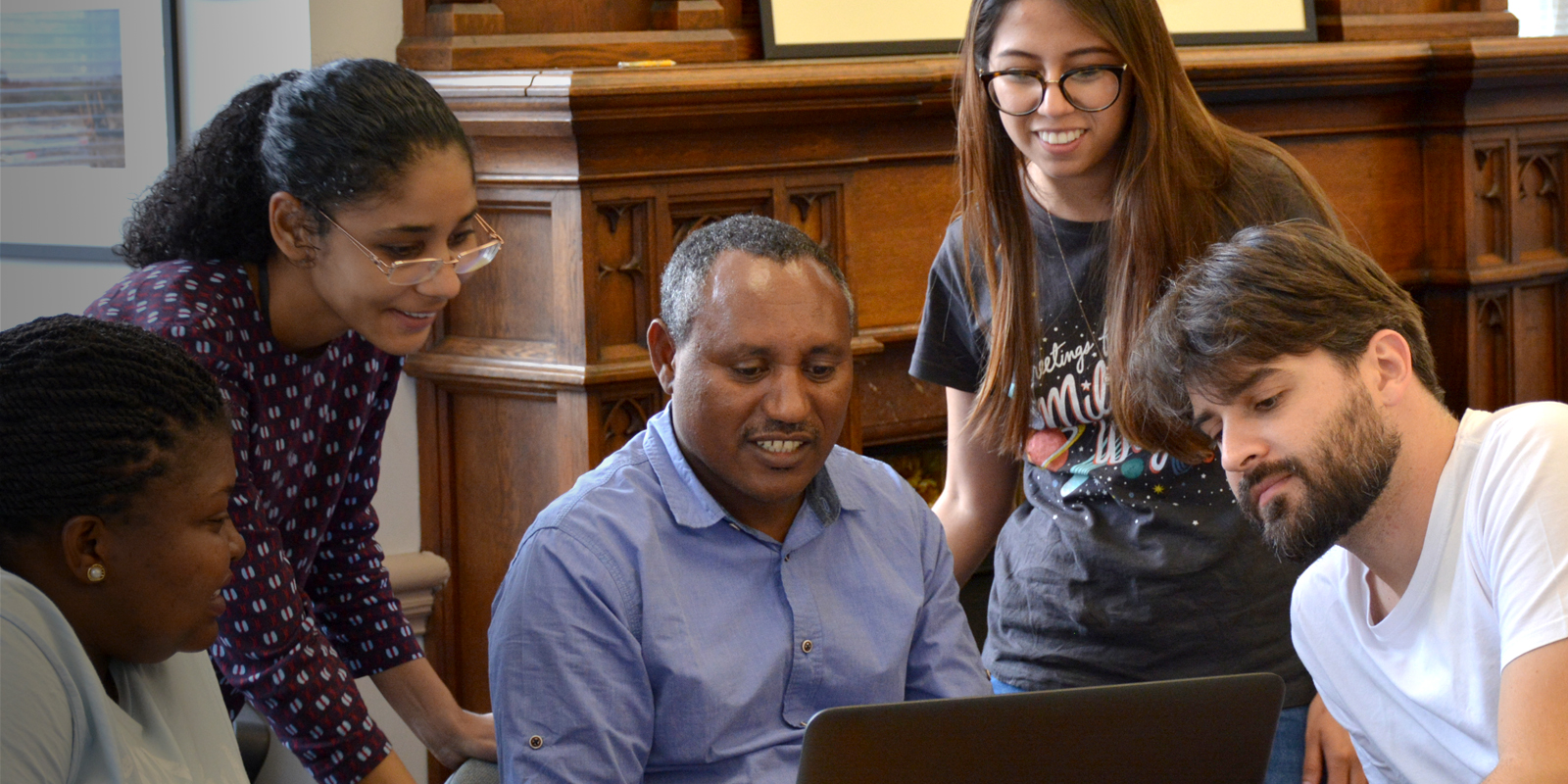
University of Oxford
A unique framework for tackling global poverty
The University’s Oxford Poverty and Human Development Initiative (OPHI), part of its Department of International Development, was established in 2007 with the aim of creating a more systematic framework for understanding and reducing ‘multi-dimensional poverty’. It is the only Higher Education institution in the world to focus on the multi-dimensional aspects of poverty.
In partnership with the United Nations Development Programme, it designed the global Multidimensional Poverty Index (MPI) which provides a more comprehensive view of poverty across over 100 developing countries, giving policymakers the tools they need to make more effective, efficient and coordinated programs to combat poverty and improve the lives of the poor. This approach is world-leading and influential. It facilitates and incentivises international and country-specific development policies that target particular deprivations and has established standards and parameters that do not artificially exclude other previously overlooked but relevant factors – such as social isolation and psychological wellbeing – that combine with the more traditional aspects of measurement which impede human welfare and progress.
The OPHI’s creation of the MPI has brought about a more comprehensive view of poverty and is achieving impact at the highest levels of international governance, including the World Bank. According to the MPI, in 2019, 1.3 billion people still lived in multidimensional poverty. It is influencing the implementation of practical development policies and activity by governments on the ground in countries as varied as Afghanistan, Colombia, Nigeria, Mexico, Vietnam, Rwanda, Chile, Pakistan and Nepal. It also supports the empowerment of women and greater private sector engagement in development.
